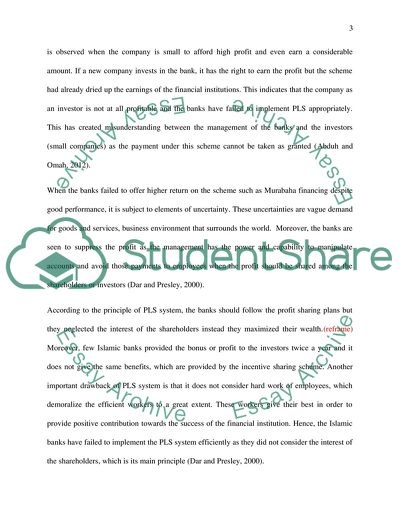Cite this document
(“Islamic Finance Essay Example | Topics and Well Written Essays - 2000 words”, n.d.)
Islamic Finance Essay Example | Topics and Well Written Essays - 2000 words. Retrieved from https://studentshare.org/finance-accounting/1678930-islamic-finance
Islamic Finance Essay Example | Topics and Well Written Essays - 2000 words. Retrieved from https://studentshare.org/finance-accounting/1678930-islamic-finance
(Islamic Finance Essay Example | Topics and Well Written Essays - 2000 Words)
Islamic Finance Essay Example | Topics and Well Written Essays - 2000 Words. https://studentshare.org/finance-accounting/1678930-islamic-finance.
Islamic Finance Essay Example | Topics and Well Written Essays - 2000 Words. https://studentshare.org/finance-accounting/1678930-islamic-finance.
“Islamic Finance Essay Example | Topics and Well Written Essays - 2000 Words”, n.d. https://studentshare.org/finance-accounting/1678930-islamic-finance.


